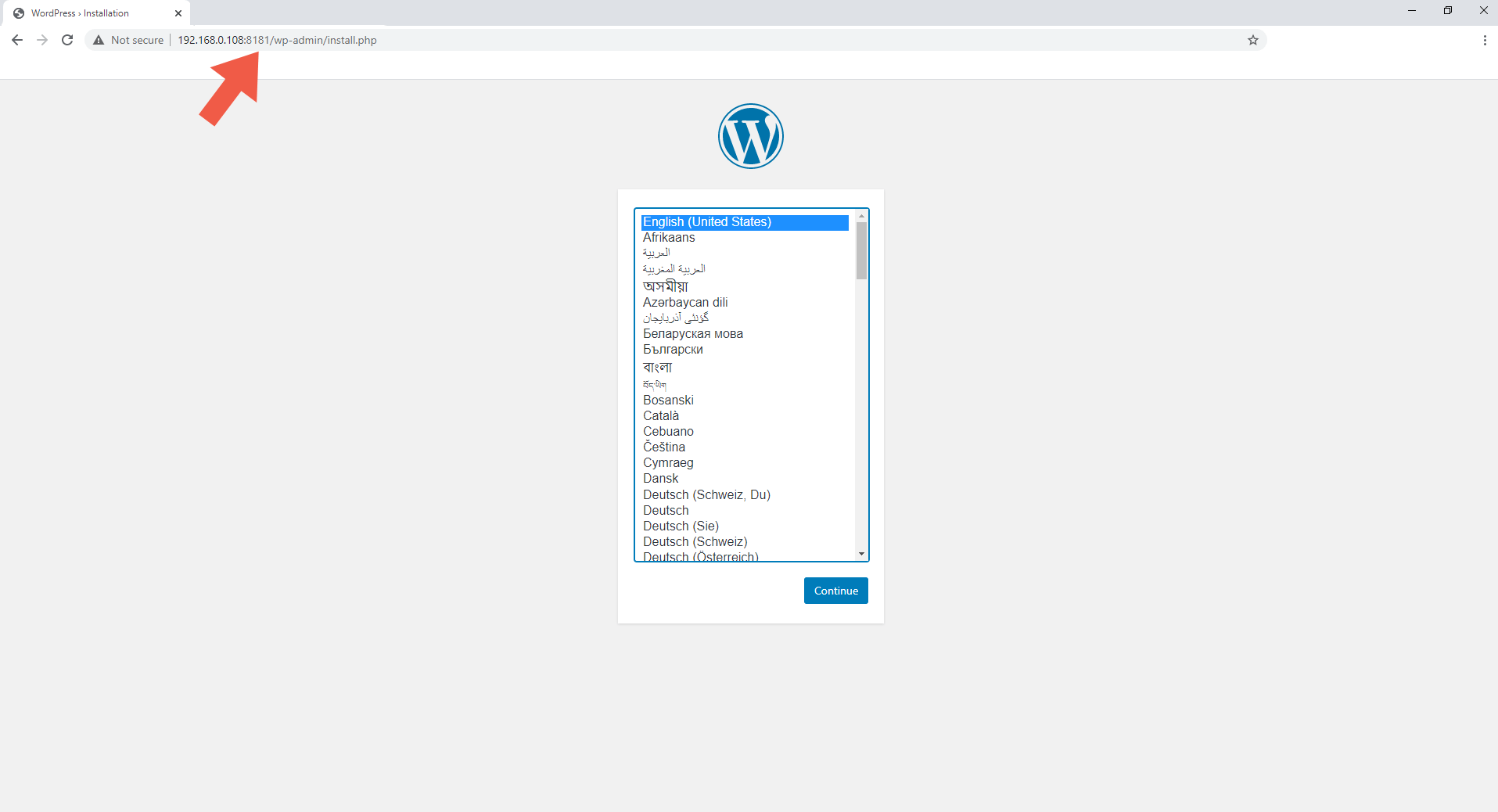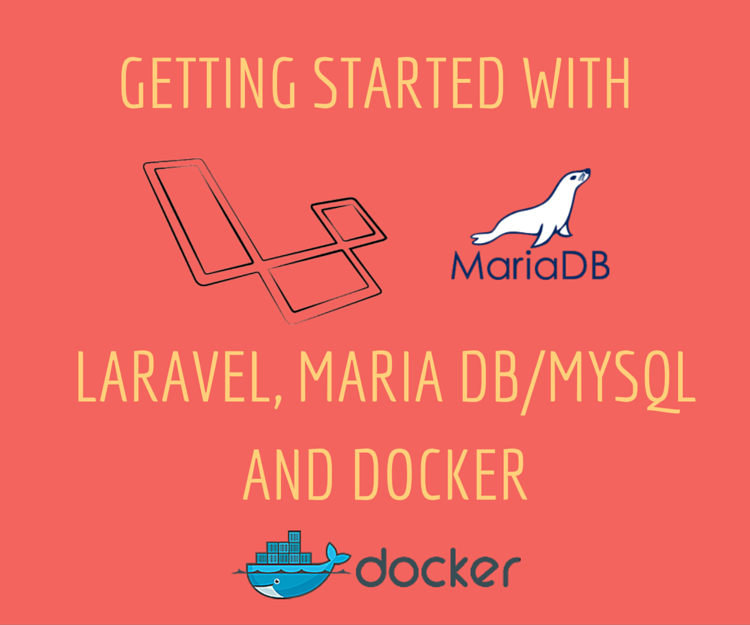⛴ Docker image of Nextcloud. Contribute to nextcloud/docker development by creating an account on GitHub. The Docker Hub provides a wide range of images for popular applications, and databases including MySQL and MariaDB. The benefits: The benefits: all developers can use the same Docker image on.

Docker: version 1.9.0 or later; Running Docker Image sudo docker run -i -t -d -p 80:80 onlyoffice/documentserver Use this command if you wish to install ONLYOFFICE Document Server separately. To install ONLYOFFICE Document Server integrated with Community and Mail Servers, refer to the corresponding instructions below. Configuring Docker Image. Docker will create this volume for you if it does not exist already. 🚧 WARNING: Newer MySQL containers (5.7 and later, or MariaDB) may run in strict-mode by default, and the initial migrations and application setup will fail in strict mode. If you want to use one of those versions, you need to disable strict mode first!
I’m just getting started with Docker. I’ve thought for years that containerization is a great idea, but I haven’t actually done anything with containers yet. Time to get started.
I ran through a couple tutorials on the Docker docs site and created a cloud.docker.com account to get some basic familiarity.
I found the CentOS container repository on Docker Hub: https://hub.docker.com/_/centos/
Let’s try running it!
$ docker pull centos
$ docker run centos
Did it do anything? It looks like it did something. At least, it didn’t give me an error. What did it do? How do I access it?
$ docker container ls
CONTAINER ID IMAGE COMMAND CREATED STATUS PORTS NAMES
Docker Install Windows

Nothing is actively running. That makes sense, because we’re not telling the containerized OS to do anything — it starts, it doesn’t have anything to do, and so it shuts down immediately. Instead we can tell it to run interactively and with a terminal by specifying a couple options:
-i, --interactive (“allocate a pseudo-TTY”, i.e. a terminal)
-t, --tty
(see docker run --help for details)
$ docker run -i -t centos
[root@4f0b435cdbd7 /]#
I’m in!

What if I want to modify the container? Right now it is pretty bare-bones. For example, this doesn’t even have man installed:
[root@4f0b435cdbd7 /]# man man
bash: man: command not found
[root@4f0b435cdbd7 /]# yum install man
...
[root@4f0b435cdbd7 /]# man man
No manual entry for man

Quite the improvement! Now we need to save our change:
[root@4f0b435cdbd7 /]# exit
$ docker commit 4f0b435cdbd7 man-centos
$ docker run -i -t man-centos
[root@953c512d6707 /]# man man
No manual entry for man
Docker Alpine Install Mariadb
Progress! Now we have a CentOS container where man is already installed. Exciting.
I can’t (that I know of) inspect the container and know whether or not man is installed without running it. That’s fine for many cases, but next I will attempt to figure out how specify via a Dockerfile that man is installed.
